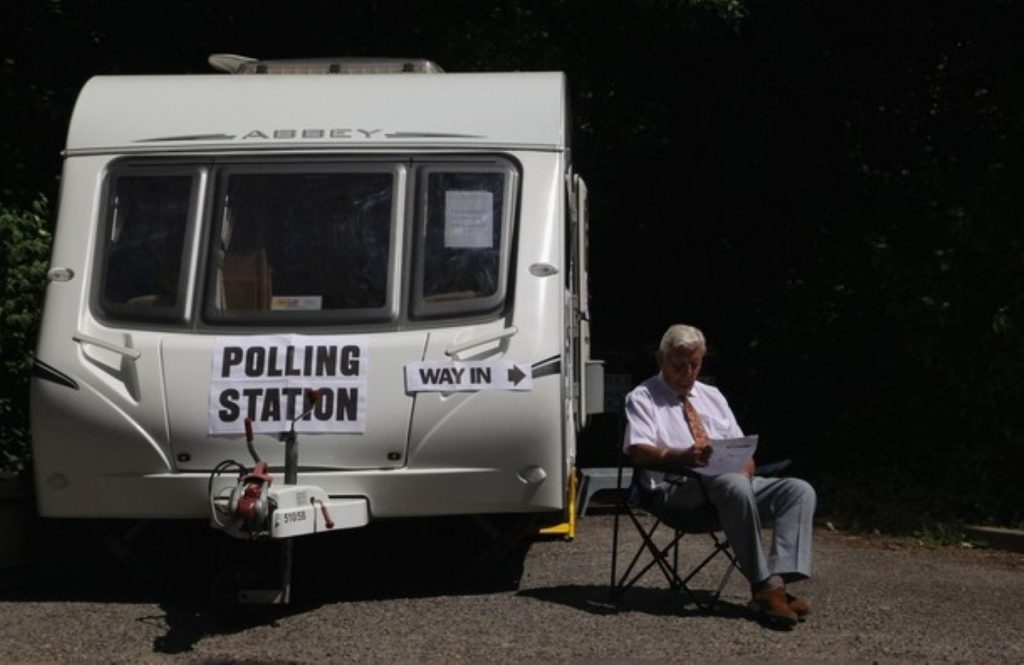Let’s pay up to make lazy MPs work harder
With not much left to get on with, the coalition's constitutional reformers are reviving interest in an idea it was thought had been shelved for good: stumping up the cash for 200 all-postal primaries across Britain.
It was a noble idea. In too many seats the first-past-the-post system makes our democracy feel thoroughly stale. As I calculated in 2010 after the general election, 53% of all votes cast chose a candidate other than that eventually elected. A large part of the reason for that is the safe seat problem: constituencies with a sizeable majority for one party often breed MPs who happy to coast along rather than muck in and do their job properly.
All-postal primaries could change all that. In 2010, 25 million voters found themselves in safe seats where the local result had been decided long before polling day, the Electoral Reform Society (ERS) pointed out at the time. The coalition wants to re-inject some energy into the process by making the selection procedure within the party the main battleground. A primary voting phase in an area where the party result is foregone transforms the contest from being drearily predictable, breeding complacency and slackness in the winning candidate, to a bare knuckle fight in which the prize of 'selection' is something really worth fighting for. MPs become accountable to voters because they have had to fight off challengers within their own party as well as outside. It's a great idea. If progress was made here, politics in Britain would get much more interesting.
The pledge to provide the cash for 200 of these contests featured in the original coalition agreement, but appeared to have fallen by the wayside as the years progressed. It had not so much been kicked as never actually made it out of the long grass. And although the coalition's midterm review mentioned it – "ministers are considering the available policy options, in light of the boundary review process" – there was little sign any movement would take place.


That shifted this lunchtime in the Commons chamber, after shadow justice secretary Sadiq Khan questioned Nick Clegg on the matter in deputy prime minister's questions. Maybe this wasn't a good idea any more, Khan suggested, now David Cameron had become more familiar with the disadvantages of having "independent-minded Tory MPs".
"We will be making an announcement on that component of the constitutional and political reform programme… in due course," Clegg said this morning.
"It was slightly in abeyance as long as the debate about boundary changes was still a live issue. But clearly that has now been… settled for the time being we will of course return to the issue of all-postal primaries."
This may not be as straightforward as Clegg might like. Now the boundary changes debacle has resolved itself many local parties are acting quickly to choose their candidates for their local constituencies. This is exactly the process which the 200 all-postal primaries are supposed to circumvent. So the government needs to hurry up: the options for which seats to spend the money on are narrowing every week.
If the ERS is correct and there really are 382 MPs 'elected for life', that means roughly half of parliament's MPs won't have to worry about their jobs come polling day. Reforming this quickly should be an urgent priority for Clegg and co. It would also leave the deputy PM with a positive legacy on constitutional reform – not something he's anywhere near having achieved so far.

